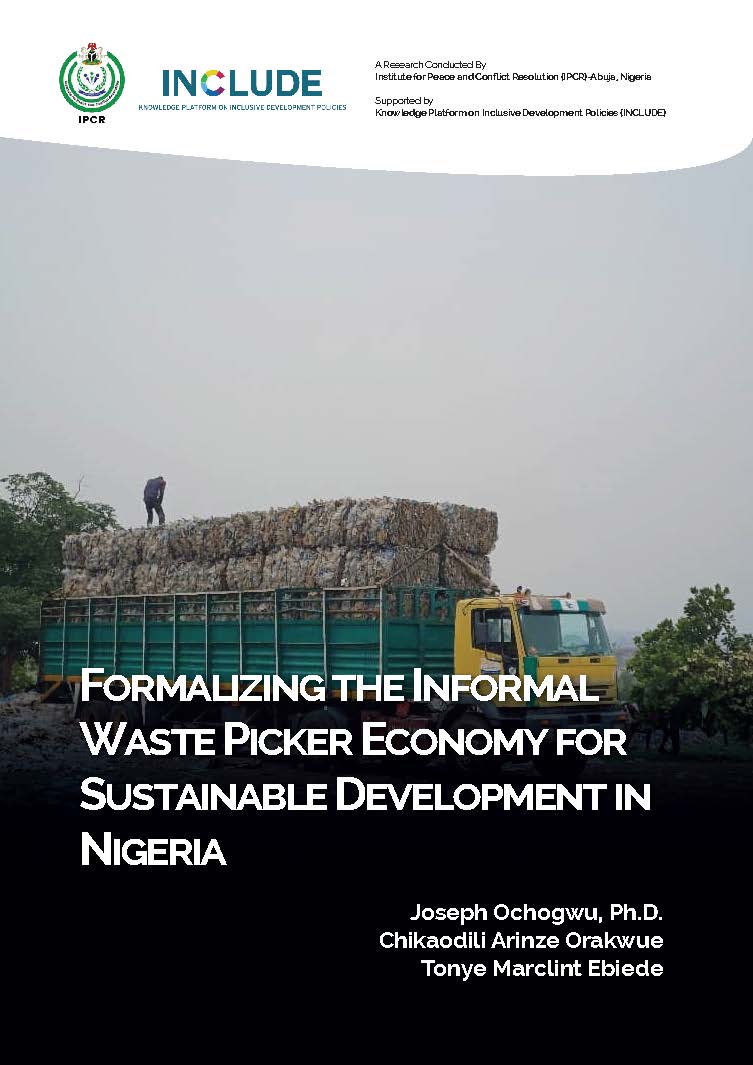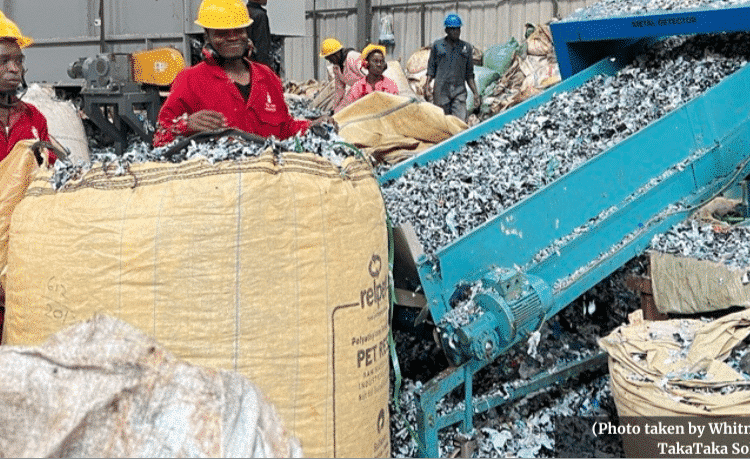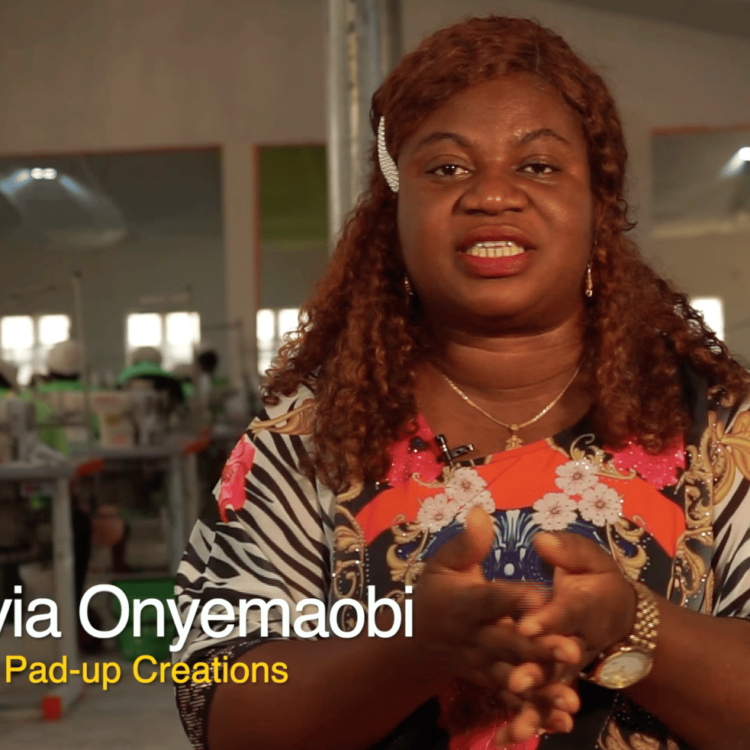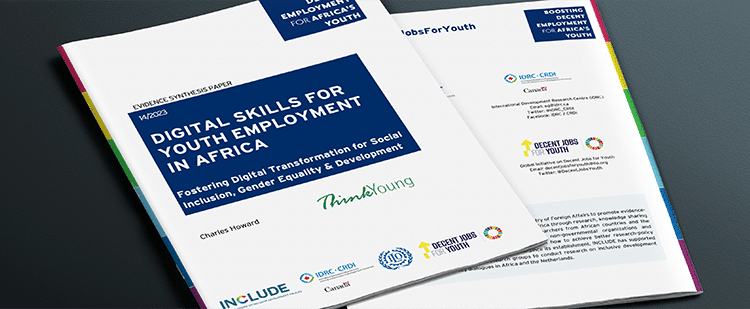
Transforming Nigeria’s Waste Economy: Recognizing and Empowering Informal Waste Pickers
In Nigerian cities, an unrecognized workforce plays a pivotal role in maintaining environmental sustainability: informal waste pickers. Despite their contributions to recycling and waste management, they face widespread marginalization and lack of formal recognition. A recent report by the Institute for Peace and Conflict Resolution (IPCR), in collaboration with the INCLUDE Knowledge Platform for Inclusive Development Policies, titled “Formalizing the Informal Waste Picker Economy for Sustainable Development in Nigeria,” examines the challenges and opportunities within this critical sector.
Why This Matters
Informal waste pickers, known locally as baban bola in the North and omo gbonla in the Southwest, are essential to Nigeria’s waste management system. They collect, sort, and recycle materials that would otherwise contribute to waste. Yet, their efforts are often unrecognized, and they face numerous obstacles like stigmatization, financial exclusion, and hazardous working conditions.
A Shift in Government Perspective
To highlight the importance of this issue, Dr. Joseph Ochogwu, Director General of IPCR stated:
“These individuals play a crucial role in bridging the recycling gap, contributing an impressive 59.3 per cent of waste collection and management across the country, while formal systems account for just 4.7 per cent. Their efforts not only help reduce environmental waste but also support the circular economy, generating jobs and economic opportunities at multiple levels.”
Following a dissemination workshop on December 15th, attended by key stakeholders, the federal government is beginning to consider formalizing the operations of these workers. Ambassador Akinremi Alade Bolaji, Director of Economy, Trade & Investment Ministry of Nigeria, emphasized the importance of this research—not just for securing the safety and dignity of waste pickers, but also for its broader implications on Nigeria’s national and international development goals. This shift in recognition and consideration in policymaking may signal progress towards integrating waste pickers into the formal economy and improving their legal protections, financial access, and working conditions.
Watch the video below for a clip of the dissemination video and download the full report to discover how formalizing the informal waste picker economy could transform not only Nigeria’s waste management system but also the lives of thousands who contribute to it daily.
Please accept marketing-cookies to watch this video.




